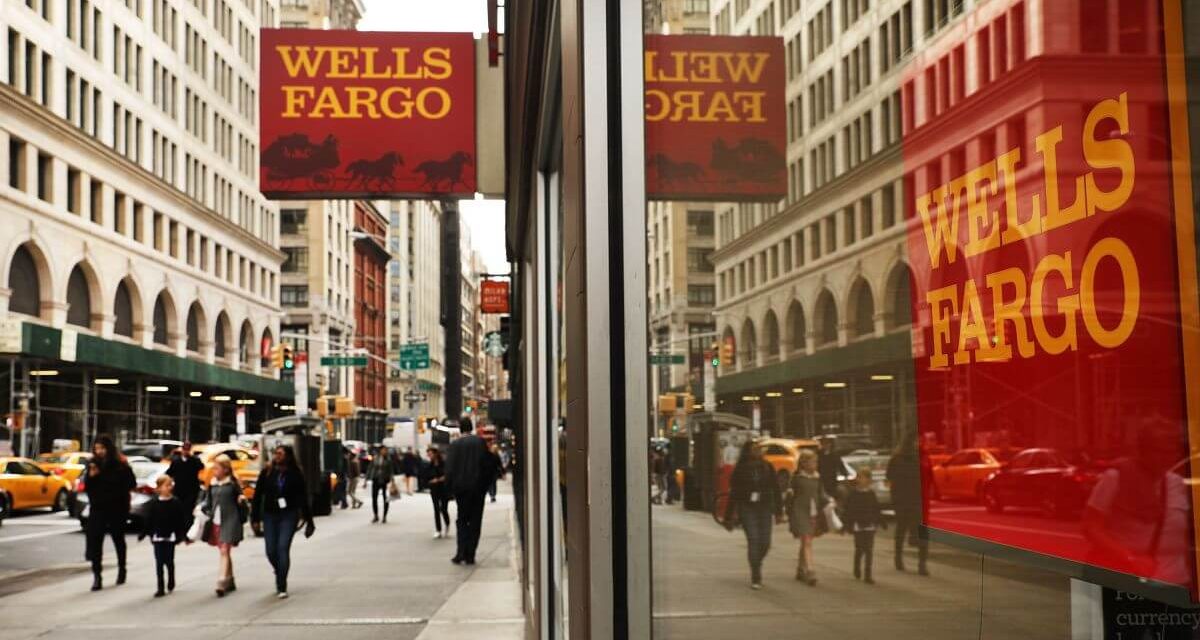Substantially wealthy investors now have another inroad to the cryptocurrency scene: the creation of passive crypto funds by some of the biggest banks in the country.
Wells Fargo launched its private Bitcoin fund last August 19th, after registering it with the relevant regulatory bodies under the US Securities and Exchange Commission.The fund will be handled by the Wells Fargo Investment Institute (WFII) and will only be open to “qualified” customers.
In an official statement, bank executives cited how cryptocurrency stability prompted the creation of the fund. According to Wells Fargo president Darrel Cronk, “[We believe] that cryptocurrencies have gained stability and viability as assets. [However the inherent] risks mean [we only offer] investment exposure only for qualified investors. Even then, this will be done through professionally managed funds.”
Company insiders say that Wells Fargo’s new Bitcoin fund is passive, hence the absence of recorded sales following its launch. The fund will be managed in partnership with NYDIG and FS Investment, a tandem with good experience in the management of bitcoin funds. Wells Fargo will get a share out of any sales facilitated by these two companies.
Are cryptocurrencies finally entering the mainstream banking scene?
The launch of the Wells Fargo bitcoin fund, officially known as FS NYDIG Bitcoin Fund I, has turned attention to changing opinions regarding cryptocurrencies within the traditional banking sector, particularly those who see the potential benefits of adopting them on an institutional level.
Competitor JPMorgan has also joined in the fray, filing its own passive bitcoin fund with the SEC on the same day. NYDIG will also manage the JPMorgan fund.
Likewise, Goldman Sachs has also revived its own cryptocurrency trading hub.The company filed for a decentralized Bitcoin exchange-traded fund (ETF) on July 26th. According to the documents submitted to the SEC, the fund expects to invest 80% of its assets in stocks, leading to exposure to digital finance and blockchain technology.
The Goldman Sachs fund will track the Solactive Decentralized Finance and Blockchain Index. The remaining 20% in assets will be invested in other instruments, such as securities that may not be part of Solactive but are nevertheless correlated.
As of press time, the SEC continues to review a number of Bitcoin ETF applications, the most notable of which is a partnership between 21 Shares and Cathie Wood’s company ARK Investment. However, the SEC continues to hold off on a decision regarding the VanEck Bitcoin Trust, while a number of other applications have been rejected for lack of merit.














